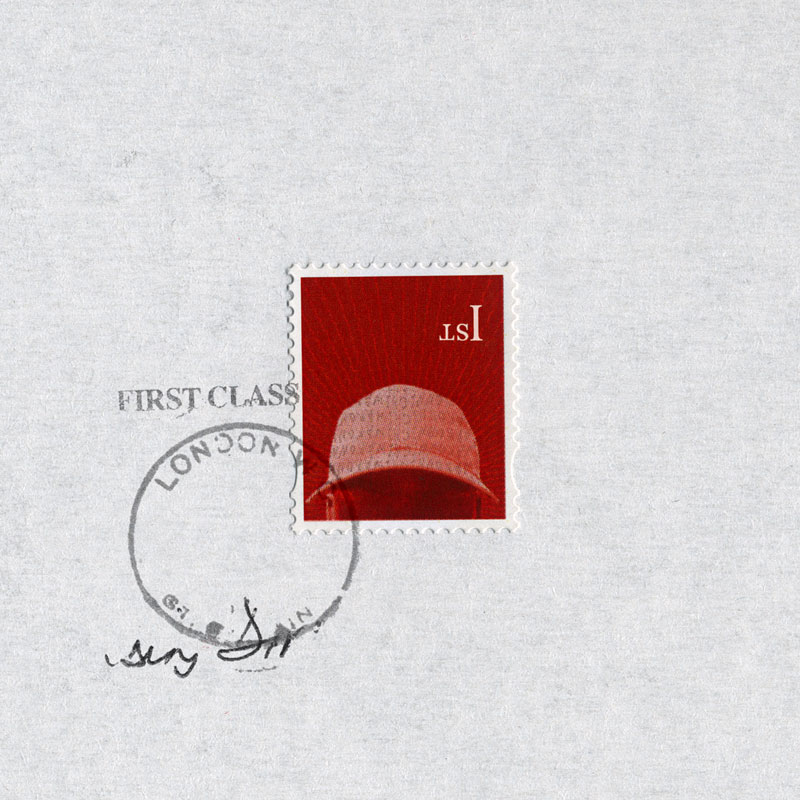Following on in relation to Kano’s masterful Made in the Manor, here’s our May UK/European Album of the Month: the instant classic Konnichiwa by the ever-relevant Skepta.
While Made In The Manor was instantly lauded as the first monumental album of the Grime revival, Konnichiwa abides by this trend but in an entirely different yet equally as audacious manner. Kano furthered the boundaries and capabilities and even the definitions of what we call Grime music, whereas Skepta delivers the sound and prowess of what we’ve been accustomed to: pure dirty, poetic discourse backed up the hardest hitting beats from all corners of the Grime heavyweight stage and beyond.
Skepta, and of course with him Boy Better Know, have grown gigantically over the past 18 months, taking their unique form of music and spreading it across the world, most notably the juggernaut of the US where Drake has helped considerably no doubt.
However no one can argue that with the rebirth and resurrection of Grime, Skepta has been at the fulcrum unearthing the phenomenon in places that weren’t even imaginable during Grime’s heyday of the mid-2000s. Konnichiwa is the undeniable proof of that, putting the Tottenham native in the glorified LP territory, which admittedly he never reached with such conviction with 2007’s Greatest Hits or 2009’s Microphone Champion. Collectively these albums were packed full of hits and dancefloor bangers, however when accumulated they didn’t tell a particular story with originality or power like Konnichiwa does.
The distinctly anti-establishment feel on tracks such as “Corn On The Curb” (featuring the don daddies of Grime, Wiley and Chip), “Crime Riddim” and “It Ain’t Safe” are archetypal Skepta in all his glory; attacking the political consciousness that governs each and every one of us from the clothes we wear to the way we view ethnic diversity.
The obvious American-induced allure in tracks such as “Ladies Hit Squad” (featuring D Double E and ASAP Nast) as well as the Pharrell Williams produced “Numbers” (a massive coup within itself) doesn’t deter in the slightest from the album’s overall message and vibe, rather giving Grime a multi-faceted dimensional appeal to the ever-growing Trans-Atlantic fans which hasn’t ever been done before.
The subtle hints of Trap and poppy rap show just how far Skepta has evolved sonically, branching out to a magnitude of genres and sounds that we wouldn’t have normally associated with him prior to this LP.
The album artwork is also a focus within itself, wherein a postage stamp containing the infamous angelic white cap of Skeppy is plastered across an eggshell background and signed off to London. This subdued yet aesthetically compelling artwork only justifies the hype around the LP, and safely stamps (literally) Skepta’s social aptitude on pop culture significantly.
2016 has been the year that Grime has taken its youthfulness and adolescence and transformed itself into a fully fledged integrally developed sub-culture appealing to all forms of life regardless of age, ethnicity or gender. Everyone can take something from this album that is relative and relevant to the lives they live, whether you’re a young Black male from North London or a white hipster from Brooklyn. This is what Grime failed to deliver upon its initial breakout explosion; it was a closed off and specific genre of music for a specific audience.
Skepta challenged this ideology and defeated it with angst, without selling out in the slightest. A natural born game changer.
